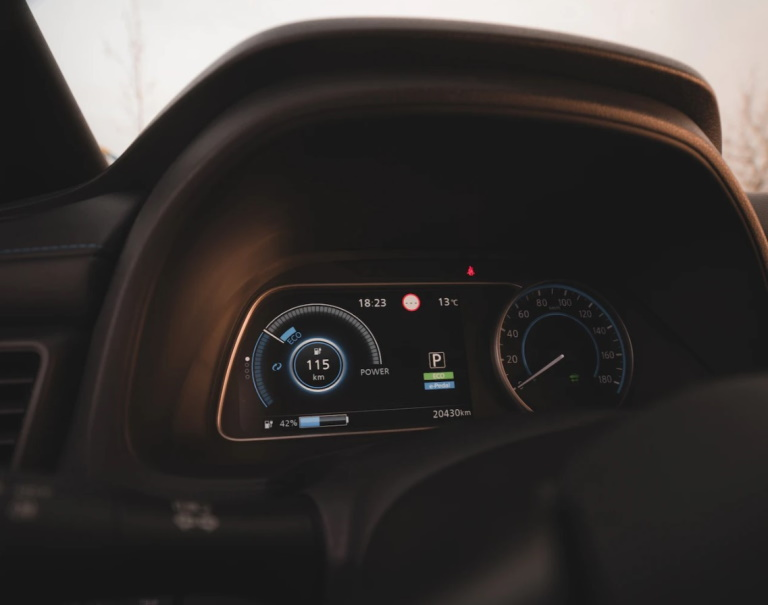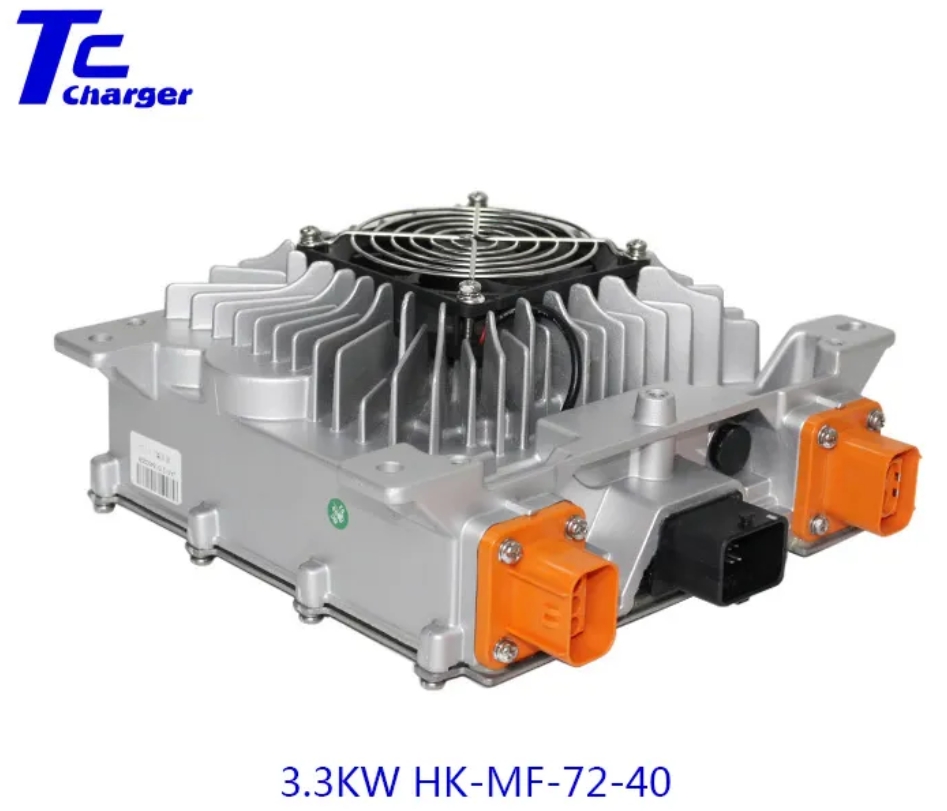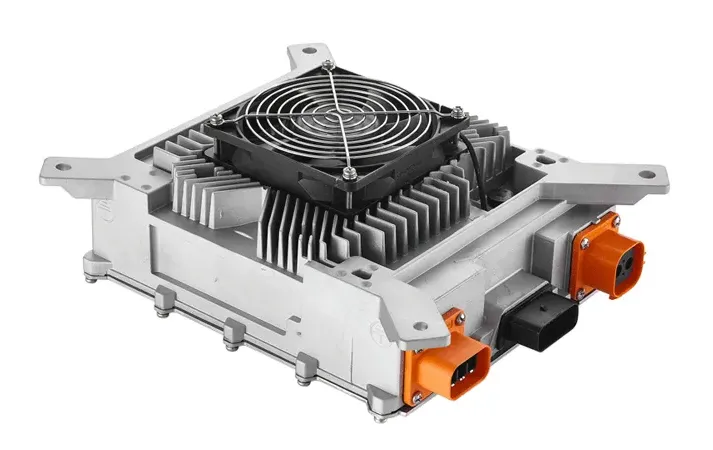Maximizing Electric Vehicle Range: Tips and Factors to Consider
Oct 13,2023 | TCcharger
Electric vehicles (EVs) are becoming increasingly popular as the world moves towards sustainable transportation options. A significant consideration for potential buyers and current EV owners is understanding the factors that impact the vehicle's range. In this blog post, we will delve into the key aspects affecting EV range and provide valuable tips to maximize it based on the information from previous discussions.
Factors Affecting EV Range:
-
Battery Capacity and Technology: The battery is the fundamental component influencing an EV's range. Greater battery capacity allows for a longer range, and advancements in battery technology contribute to improved efficiency and extended range.
-
Driving Habits: Driving aggressively, rapid braking, and exceeding speed limits can significantly reduce an EV's range due to increased energy consumption. Gradual acceleration and following speed limits are essential for optimal range.
-
Vehicle Weight and Aerodynamics: Heavier vehicles and those with poor aerodynamics require more energy to maintain speed, leading to a decrease in range. Ensuring an aerodynamic design and proper tire pressure can help improve efficiency.
-
Use of Climate Control: Running the climate control system consumes additional energy, reducing the overall range. Using it judiciously and pre-conditioning the vehicle can mitigate this impact.
-
Terrain and Wind Resistance: Driving uphill and facing strong wind resistance increase energy consumption, thereby decreasing the range. Planning routes with less elevation and maintaining moderate speeds can help preserve range.
-
Temperature: Extreme temperatures, especially cold weather, can reduce the efficiency of the battery and the vehicle, resulting in increased energy consumption and reduced range. Pre-heating the battery and using climate control wisely can offset this effect.
-
Load and Driving Routes: Carrying excessive loads or selecting routes with high elevation can lead to increased energy consumption and decreased range. Optimal route planning and avoiding unnecessary weight can positively impact range.
Tips for Efficient Driving and Maximizing Range:
-
Smooth Acceleration and Braking: Gradual acceleration and gentle braking promote energy efficiency, enhancing the overall range of the EV.
-
Utilize Regenerative Braking: Utilize the regenerative braking system to recover and recycle energy, thus improving the range by maximizing energy efficiency.
-
Adhere to Speed Limits: Abiding by speed limits not only ensures safety but also reduces energy consumption, extending the EV's range.
-
Plan Efficient Routes: Choose routes with minimal elevation changes and wind resistance to optimize energy usage and maximize range.
-
Battery Pre-Conditioning: Pre-heat or pre-cool the battery and the cabin while connected to a charger to ensure optimal battery performance and range.
-
Maintain Proper Tire Pressure: Regularly check and maintain proper tire pressure, as underinflated tires increase rolling resistance and decrease the EV's range.
Conclusion:
Understanding the factors influencing electric vehicle range and adopting efficient driving practices can significantly impact an EV's range. As battery technology continues to advance, and automakers develop more efficient EVs, the potential for longer range and increased adoption of sustainable transportation grows. By implementing the tips provided and being mindful of the factors affecting range, drivers can make the most of their EVs and contribute to a greener future.
If you found this information helpful, share it with others to promote efficient EV driving and contribute to a sustainable environment.



